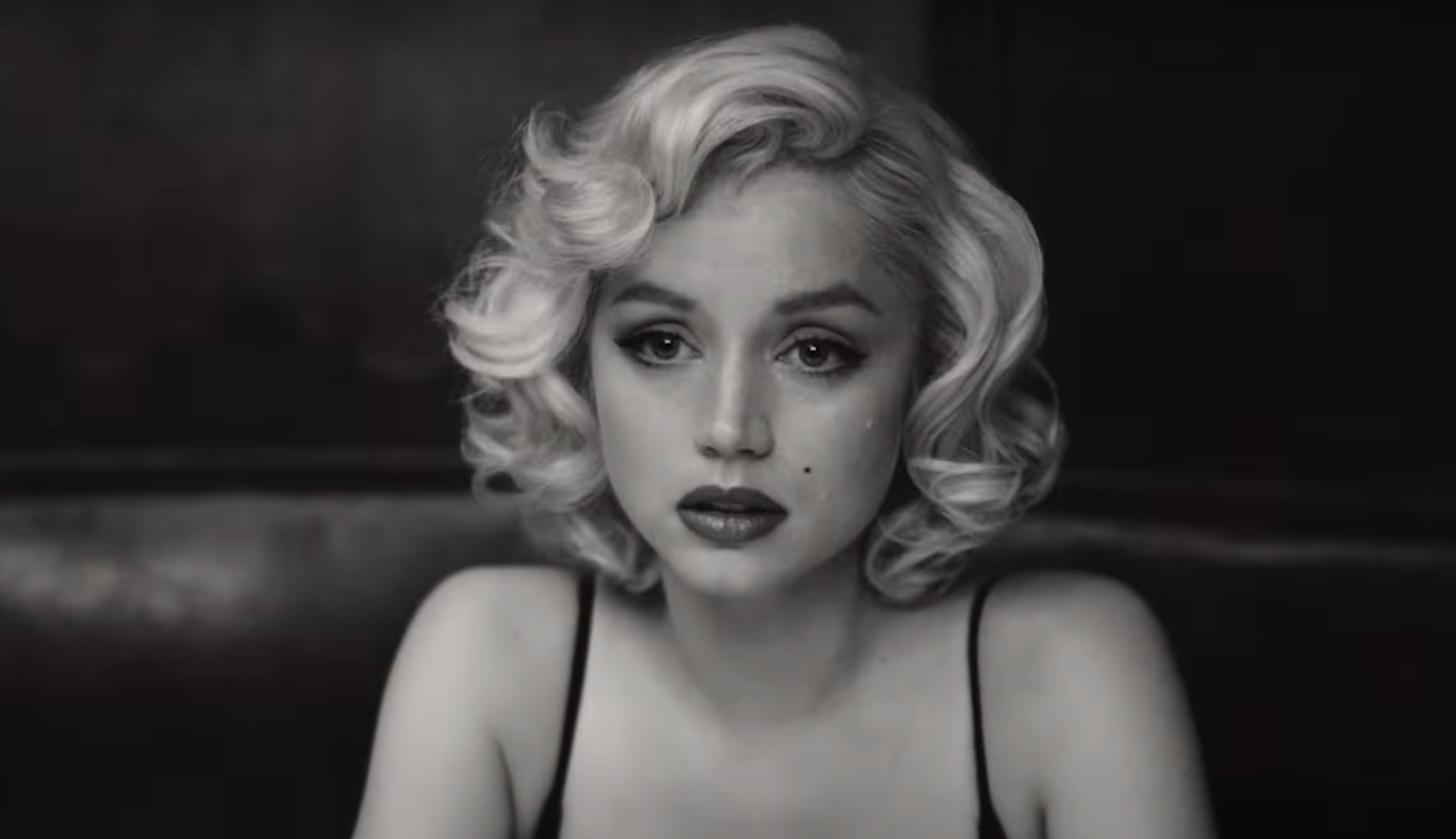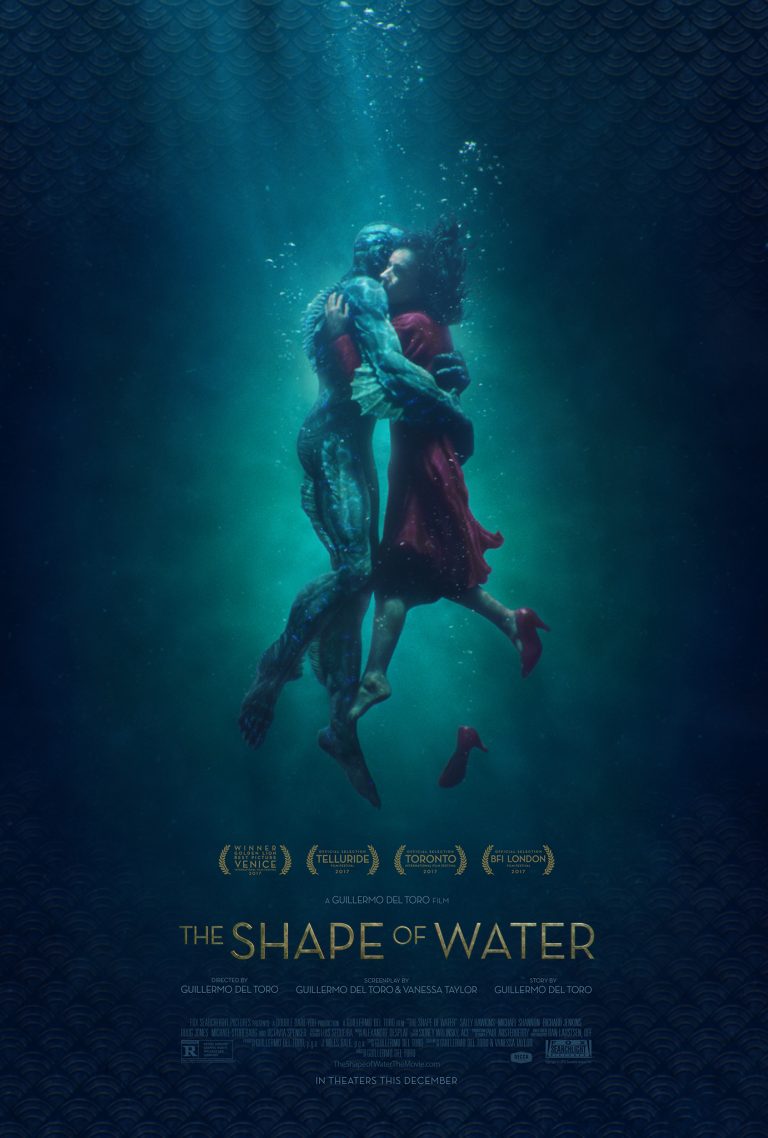Behind Blonde – The Exploitation and Trauma of Marylin Monroe
Andrew Dominik’s Blonde has been making controversial headlines since its initial announcement. Upon release, the internet has made an uproarious rejection of Hollywood’s poor reflection on one of its most beloved actresses.

How Did Blonde (2022) Happen?
Before diving into controversies, here is a little context behind the new (falsely branded) biopic – the film is a screen adaptation of Joyce Carol Oates’ 2000 novel of the same name. The book, a fictionalized spin on Marilyn Monroe’s life, was a result of Oates’s desire to write “a novella about the metamorphosis of an ordinary high-school girl into a star, who loses her real name and is given a studio name that will obliterate her history and identity.” However, through her writing she found herself completely immersed in history. Oates wanted to expand her literary universe to encapsulate her characterization of Monroe.
Netflix acquired the rights for a film in 2016 and began pre-production in 2019 and into the COVID-19 pandemic. When Ana de Armas, fresh off her success in the Academy Award-nominated film Knives Out, became attached to the project – a rise of criticisms (that have been spoken since the novel’s release in 2000) came with it.
The film wrapped shooting in 2021 and was delayed from its original release later that year for no given reason. There were speculations, however, that Netflix and Dominik disagreed over the final cut, Dominik wanting to include a graphic rape scene, among other things.
Fans of de Armas and of Marilyn were apprehensive of the film labelling itself as a biopic, though adapted from the controversial, fictional retelling of Monroe’s life.
Behind The Release
Blonde made its debut at the Venice Film Festival on September 8th, 2022, and was met with a fourteen-minute-long standing ovation. With critics giving it less than favourable reviews and applauding de Armas’s performance, what was one of Netflix’s most anticipated new releases, becomes one of its most controversial.
The film has streamed a total of 37,340,000 hours as of early October (compared with Persuasion (2022), the Jane Austen adaptation of the same name, wracking up 29.04 million). Although it had garnered a 42% on Rotten Tomatoes, the film still amassed massive media attention and stayed on Netflix’s Global Top 10 well after its release.
The Controversies of Blonde
So, what made Blonde receive the media attention and criticism it got? There were many factors attributing to it, some less valid than others. After the first trailer was released “a majority of complaints about de Armas’ casting noted that she maintained her Cuban accent and did not channel Monroe’s breathy vocals”. However, the Marilyn Monroe Estate defended her by saying that considering Monroe’s pop culture status, she transcended history and generations. The reasoning is that Monroe has become a figure outside herself, somebody who can be encompassed by anybody regardless of race and ethnicity.
Post the film’s release, however, the claim of Monroe’s exploitation from the film industry had continued. Historically, Marilyn Monroe was considered “ an aspiring actress, […] at the mercy of sexual extortionists”. Considering this, Blonde being the first film released on Netflix with an NC-17 rating was met with heavy criticism.
Additionally, director Andrew Dominik had claimed that Gentlemen Prefer Blondes, one of Monroe’s best-known films, was about “well-dressed whores” – asking if “anyone watch[ed] Marilyn Monroe movies?”

Creative team aside, the film has been slammed for its graphic depiction of Monroe’s trauma without creating a nuanced discussion on why it happened, not “really dig[ging] deep into Monroe’s psyche and her experience” in any real way.
When asked about the graphic abortion plotline in Blonde, Dominik “shut down criticisms over the intense portrayals of multiple abortions and sexual assaults” and said, “I’m not concerned with being tasteful.” The film has been called out, most notably by Planned Parenthood, for ‘anti-abortion’ propaganda. Criticized for the “two coerced abortion sequences and, at one point, de Armas hearing the voices of the unborn: “You won’t hurt me this time, will you?” a computer-generated fetus asks from within its amniotic sac.
What of Blonde’s Controversies?
While it could be argued that Dominik’s harsher and demeaning approach to Monroe’s life is intentional – to cast light on Hollywood’s biases against women’s sexuality, there simply is not enough in the text that creates a nuanced, effective discussion on the problem.
It is safe to say that film is exploitative – a graphically rated ‘biopic’ (used loosely) on one of the most beloved and ‘brazen’ actresses in history becomes less a love letter and more a bold claim for money and award ceremony praise when it is not honouring the woman herself.
Great art demands lines to be crossed. However, do the ends justify the means? As Independent claims, Blonde “is not a bad film because it is degrading, exploitative and misogynist, even though it is all of those things. It’s bad because it’s boring, pleased with itself and doesn’t have a clue what it’s trying to say.”
There is no lack of films regarding birth control controversies, rape culture, and the exploitation and trauma of women. Nor should there be – these topics are important things to discuss, not only because of their relevancy to this day and age but also because of the nuances and layers of these conversations. But Blonde lacks substance.
The film isn’t made with the intention of telling Marilyn’s story with grace. There is no way for this film to truly tell a side of Marilyn that has never been seen when she doesn’t have the autonomy to take back control of the narrative. Her entire life, she has been used and given everything for this industry. There is no relinquishing her story. Only a fictional manipulation of a real person’s life.

Blonde (2022) is currently streaming on Netflix.





